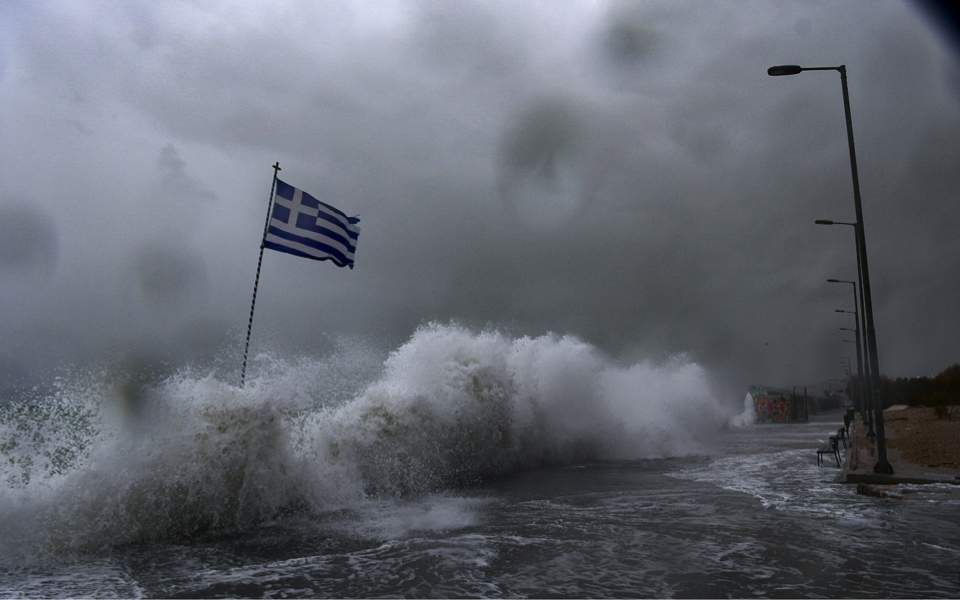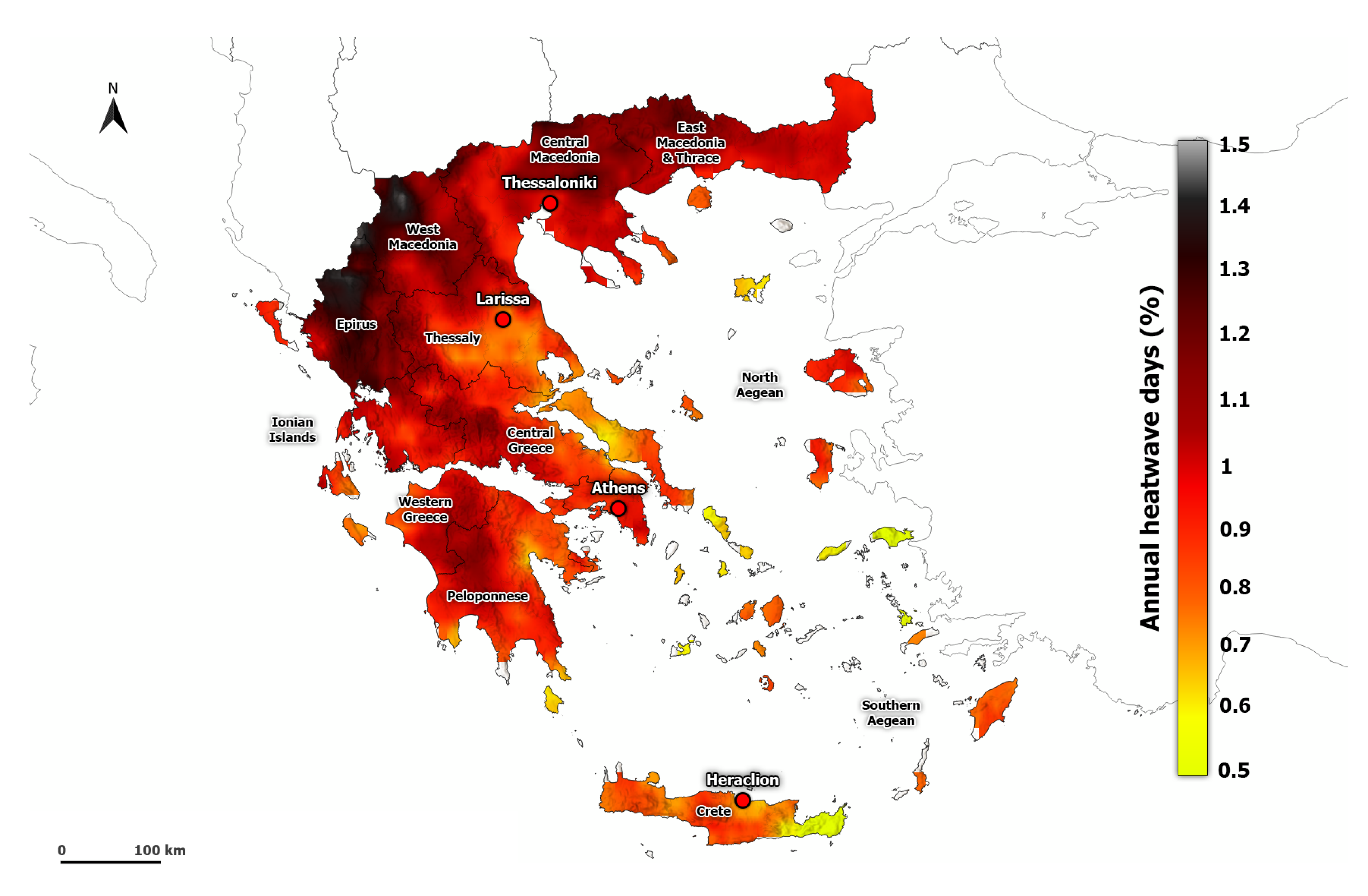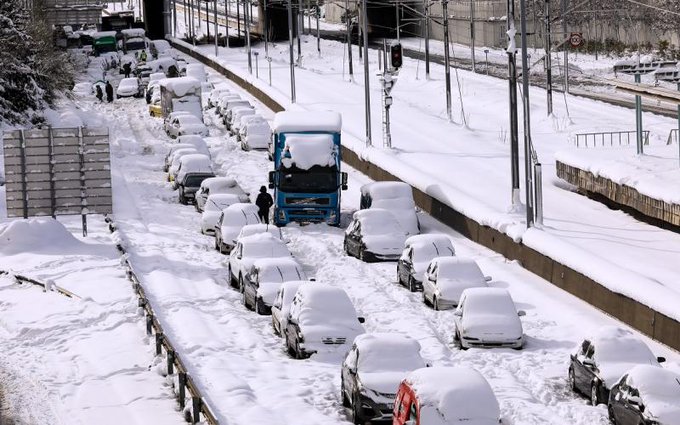Week 10: Extreme Weather in Greece
Extreme Weather In Greece
Over the last forty years Greece has been experiencing an influx in extreme weather patterns. This includes multiple different types of extreme weather from strong storms and flooding to unusual heat waves.
In 2021, Greece had both an extreme storm, and a blistering heatwave to levels that Greece had not seen in ages. An intense rainstorm named "Ballos" ran through Greece in October of 2021. Storm Ballos was a extratropical cyclone that left some regions with the rainfall only from the first few hours of the storm being one-third of the entire rainfall from the previous year. Two months prior in August, Greece had also seen major heatwaves, even leading to the highest temperature ever recorded in Greece, 115 degrees Fahrenheit. Prior to the intense heatwaves of August, the summer was also riddled with dry heat, causing a summer full of wildfires.
Greece is predicted to have a gradual decrease in rainfall, as well as an increase in heatwaves and overall temperature over the next few years, despite still having to deal with major storms. They are subject to major storms yet the overall rainfall is still lowering. The heatwaves are likely going to contribute to droughts, which are, and have been a major problem throughout Greek history.

 |
In early 2022, after the heatwaves and storms of 2021, they were hit with an intense wave of snowfall. The snowfall canceled schools, blocked off roads, left people stranded, and completely covered certain Greek monuments.  Greece citizens are advised to stay indoors and avoid the extreme weather when it hits Greece. They hope if every average citizen is prepared and can stay safe during the extreme patterns, then the Country will be able to mitigate the damage and devastation it causes. Another strategy Greece has for rainfall specifically, is to better organize its diversion due to the prevalence of the countries naturally uneven and sloped surfaces. The complicated terrain makes it difficult, but necessary if Greece is to prevent possible water damage the heavy rainfall and snow may cause. |
Hello!
ReplyDeleteGreat work with your blog. I liked how you were very detailed with each aspect of your post. My chosen country is Madagascar and does experience some severe weather as well. Madagascar experiences dramatic rainfall in the north and eastern regions, although the south experiences a severe drought. This drought was considered the worst in forty years. Although, my country does not experience snow. Snowfall isn't a huge aspect for my chosen country. Considering, it is interesting to acknowledge the countries that do. Great work!
Hello, James. I don’t have a lot of knowledge about Grece, but a was able to learn a little bit through your blog. I didn’t know about the 2021 storm you mentioned. It is crazy that one-third of the entire rain of the previous year fell in only the first couple of hours. It's quite extreme that the citizens of Greece have to watch out for not only severe rainfall but also extreme heat and snow. My country of choice is Hong Kong, and it also experiences rain and heat, but not necessarily snowfall to the point where roads are blocked and people are reported to be stranded. Thank you for touching on various weather hazards this week.
ReplyDeleteVery interesting reflection!-what were your sources?
ReplyDelete